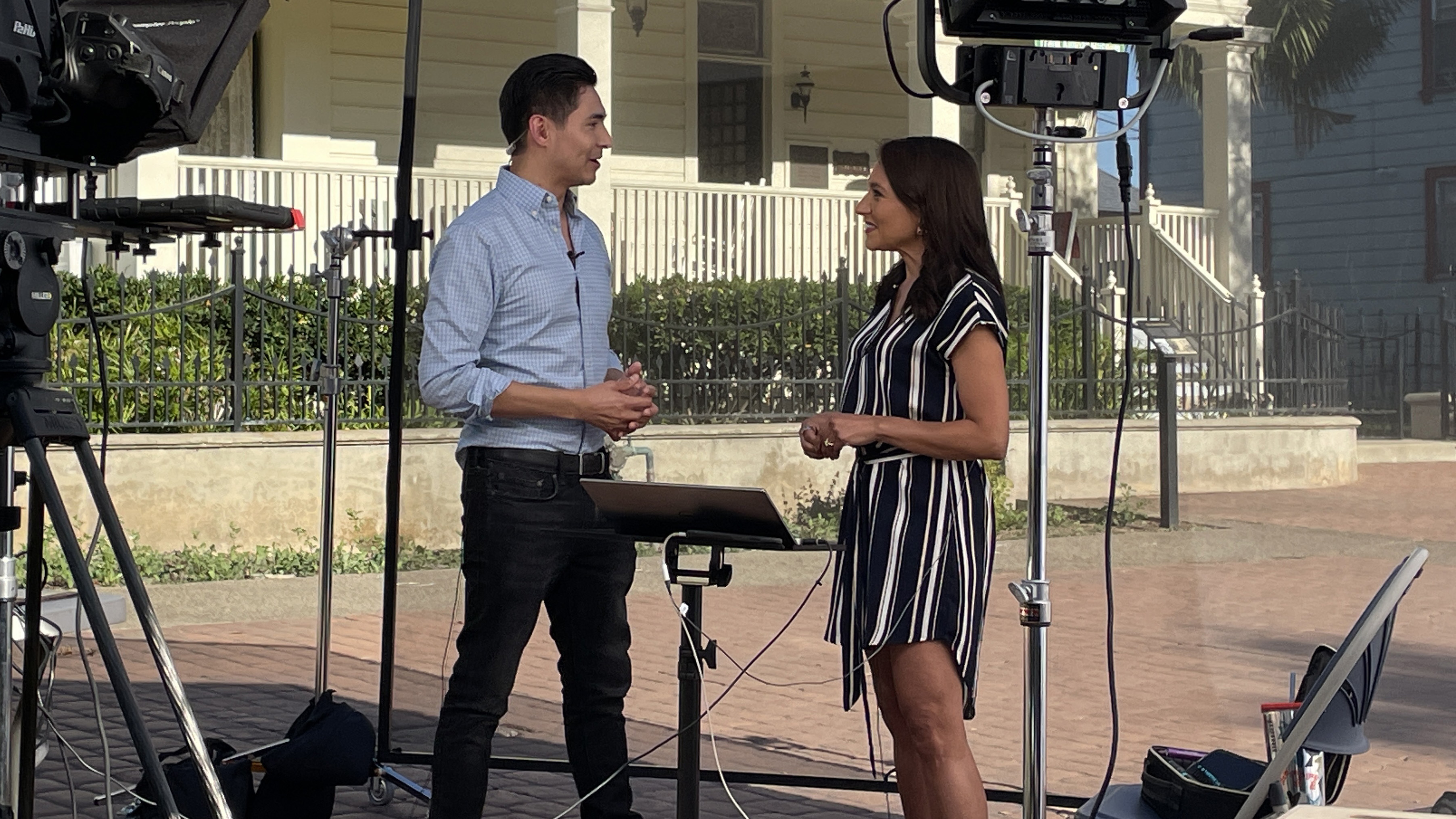In the past several years, homeowners in California have opted to exchange natural grass for synthetic turf, which has been seen as a year-round drought-resistant green grass option of which many neighbors would be envious.
However, Gov. Gavin Newsom recently signed legislation that permits local governments, including cities and counties, to ban synthetic grass in neighborhoods due to potential health concerns.
“There are no short number of microplastics that come with these products,” said Dianne Woelke, a retired nurse who is part of Safe Healthy Playing Fields. “They continue to degrade. They continue to leach out all of these PFAs and other chemicals.”
Woelke has spent years collecting information related to the health concerns that come from synthetic turf. She said not only are there PFAs (also known as per- and polyfluoroalkyl substances) and microplastics, but the fake grass can create a heat island effect and blades can hold onto bacteria, especially on large-scale sport fields.
Get San Diego local news, weather forecasts, sports and lifestyle stories to your inbox. Sign up for NBC San Diego newsletters.
“Our kids and their grandkids are going to inherit what we leave them as far as the environmental disaster we’re creating,” Woelke said.
PFAs are long-lasting chemicals that are widely used, according to the U.S. Environmental Protection Agency. They have been found in water, air, fish and soil at locations throughout the world, not just in the U.S.
“People need to understand that these kinds of risks also apply if kids are playing on their lawns at home,” Woelke said.
Local
Mark Reiser, who is a Southern California regional manager with Tough Turtle Turf, told NBC 7 that synthetic turf continues to be in high demand.
"The front yard always looks good year-round — you don’t have to worry about it,” Reiser said. "Turf has just become so much more functional when it comes to no more dirt, no more mud, no more paying anyone to mow it or take care of it."
Reiser is aware of the new legislation signed by Newsom but does not feel it is reasonable or will make an impact on homeowners.
“Banning turf, with how popular it is with homeowners, how it’s making their lifestyle a little easier — there’s no way that a city is going to take that stand,” Reiser said.
Reiser said that, when it comes to concerns about what synthetic turf is made of, it depends on what company you purchase from and what material they use. He also mentioned that the turf and installation process for school playing fields is much different than that used for homes.
“You got to be careful about putting in poor grades of synthetic turf, you got to worry about putting in the right types of synthetic turf,” Reiser said.
While Reiser does not see synthetic turf going anywhere soon, Woelke believes there is more work to do and that this legislation should just be the start.
“I was elated," Woelke said. "Then, the next morning, that kind of simmered down a bit because it does not apply to HOAs, it does not apply to commercial properties, and it’s not clear whether or not it even applies to parks.”



